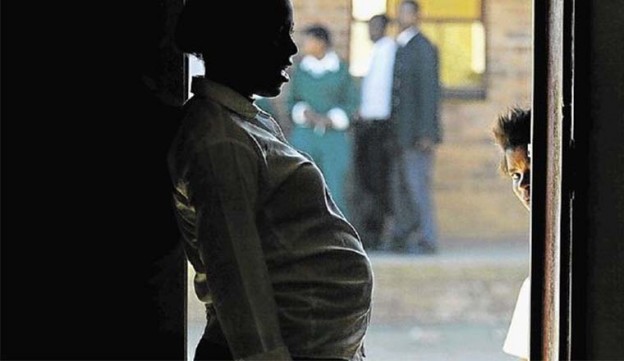
Girls will only be readmitted to school 12 months after giving birth, if a new Bill becomes law.
The clause is contained in the Care and Protection of Child Parents Bill, which is making its way through the Senate.
But the National Gender and Equality Commission said the clause is “inherently discriminatory” and violates the child’s right to basic education.
“The child-parent who is a minor and of tender age needs to be re-admitted (to school) as soon as possible to avoid her mind becoming rusty and falling back into more mischief,” NGEC says in its submissions.
“If the baby is under good care, there is no rationale for (making them wait) 12 months. The clause is therefore inherently discriminatory and violates provisions of the right of the child to basic education.”
Before returning to school, the proposed law says, girls must produce medical reports declaring that they are fit to resume classes.
“An institution of basic education shall ensure that the rights of a newly born baby are protected and shall not readmit a child to school unless it is satisfied that proper arrangements have been made for the care and safety of the child,” the bill says.
NGEC also cited cases of boys dropping out of school as a punishment from parents or guardians for making girls pregnant and wants the government to address the issue.
It urges collaboration between public and private entities in establishing mechanisms for offering care and protection to expectant children and child parents. This, NGEC chief executive officer Betty Sungura said, will also ensure access to adequate care support systems.
“A clause in a section of the Bill focuses on the girl child who is impregnated and omits the boy child who in some instances might be forced to drop out of school as a punishment from the parent or guardian for impregnating a girl,” said Ms Sungura in the agency’s submissions.
The Bill says that a parent or guardian of a child who becomes pregnant will not be discharged from their responsibilities.
“They shall collaborate with the institution of basic education in supporting and monitoring the health of the child and ensuring that the child continues with her education after delivery and the baby is weaned,” says a clause in the Bill.
NGEC wants the national government and counties to formulate policies for readmitting and reintegrating children who have dropped out of school because of pregnancy.
The Bill seeks to put in place programmes and interventions to prevent school dropouts and identify factors leading to child pregnancies.
It further wants expectant children and child parents to access community and State-sponsored care support systems including prenatal, postnatal and other health services.
“Every child who while in an institution of basic education falls pregnant and as a result, drops out of school or is of school-going age but falls pregnant while out of school, shall have the right to be readmitted or enrolled into an institution of basic education,” the bill says.
NGEC also warned about discrimination against pregnant schoolgirls.
The Bill stipulates that institutions of basic education should not discriminate against a child who becomes pregnant while in school and shall put in place measures to ensure the reintegration of the child back into the learning institution.
The Bill states that the principal of an institution of basic education may refer a child to a health institution for a medical examination and other health check-ups to determine the status of the child.
“A child shall not be compelled to undergo a medical examination where she refuses to undergo the examination. But where a child refuses to undergo a medical examination, the institution of basic education shall not be held liable for any consequences that may arise from the failure by the child to undergo the medical examination,” the Bill says.
But NGEC said only a health provider can give irrefutable results or diagnoses.
For as long as the child is under the care of the health institution, NGEC said, they have a duty to ensure she is healthy.
“Liability cannot be shifted elsewhere. The consequences of refusal to be examined may be dire and irreversible. The child will not be able to bear them. It is critical to involve the parents or guardians of the child parents in the management of teenage pregnancies in school,” the agency said.
Schools are also required to provide the necessary counselling services to the pregnant child and to her parents or guardians on how to manage the pregnancy to ensure the child’s emotional stability and well-being during and after pregnancy.

